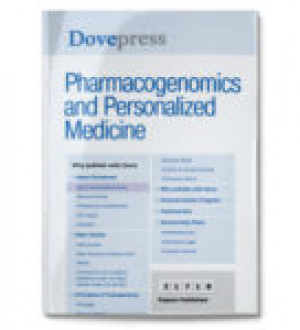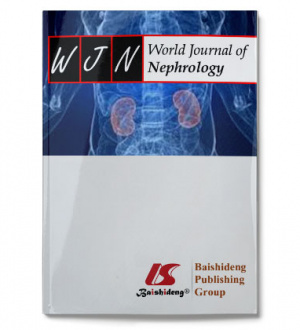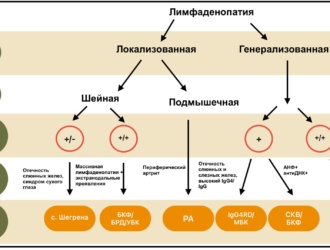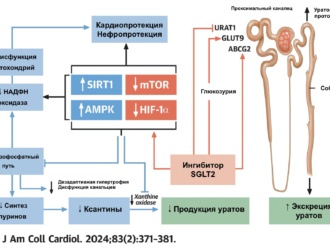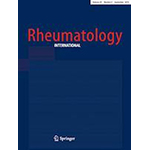 В предыдущих исследованиях, в которых был изучен риск эректильной дисфункции (ЭД) среди пациентов с подагрой, были продемонстрированы противоречивые данные.
В предыдущих исследованиях, в которых был изучен риск эректильной дисфункции (ЭД) среди пациентов с подагрой, были продемонстрированы противоречивые данные.
Поэтому целью данного мета-анализа было изучение взаимосвязи между подагрой и риском ЭД. В базах данных Embase, Medline, Scopus, Web of Science и Cochrane Library был проведен поиск всех исследований, оценивающих риск развития ЭД у пациентов с подагрой. Для оценки связи между подагрой и риском ЭД были приняты относительные риски (ОР) и соответствующие 95% доверительные интервалы (ДИ).
Для оценки достоверности результатов применялся анализ чувствительности. В целом был включен 355761 участник из 8 исследований (3 поперечных и 5 когортных исследований). Из них у 85067 была подагрой. Обобщенные результаты показали, что пациенты с подагрой имели в 1,2 раза более высокий риск развития ЭД, чем лица без подагры (ОР 1,20, 95% ДИ 1,10-1,31, P <0,001).
Результаты анализа чувствительности согласуются с тенденцией обобщенных результатов. Настоящий мета-анализ показал, что риск развития ЭД у пациентов с подагрой был резко повышен по сравнению с общей популяцией, что предполагает, что клиницисты должны в том числе оценивать эректильную функцию при лечении пациентов с подагрой.
Luo L, Xiang Q, Deng Y, Zhao S, Zhu Z, Liu Y, Wang J, Zhao Z
Rheumatology International, September 2019, Volume 39, Issue 9: 1527
doi: 10.1007/s00296-019-04365-x
![]()
Gout is associated with elevated risk of erectile dysfunction: a systematic review and meta-analysis
Previous studies investigating the risk of erectile dysfunction (ED) among patients with gout have produced inconsistent evidence.
Therefore, the aim of this meta-analysis was to investigate the relationship between gout and the risk of ED. The Embase, Medline, Scopus, Web of Science and Cochrane Library databases were searched for all studies assessing the risk of ED in patients with gout. Relative risks (RR) and corresponding 95% confidence intervals (CI) were adopted to estimate the association between gout and the risk of ED.
Sensitivity analyses were applied to evaluate the robustness of results. Overall, 355,761 participants were included from 8 studies (3 cross-sectional and 5 cohort studies). Of these, 85,067 were patients with gout. Synthesis results showed patients with gout had a 1.2-fold higher risk of ED than individual without gout (RR 1.20, 95% CI 1.10-1.31, P < 0.001). The results of sensitivity analysis are consistent with the trend of synthesis results.
The present meta-analysis revealed that the risk of ED in patients with gout was dramatically increased when compared with the general population, which suggests that clinicians should assess erectile function when treating an individual who suffers from gout.

